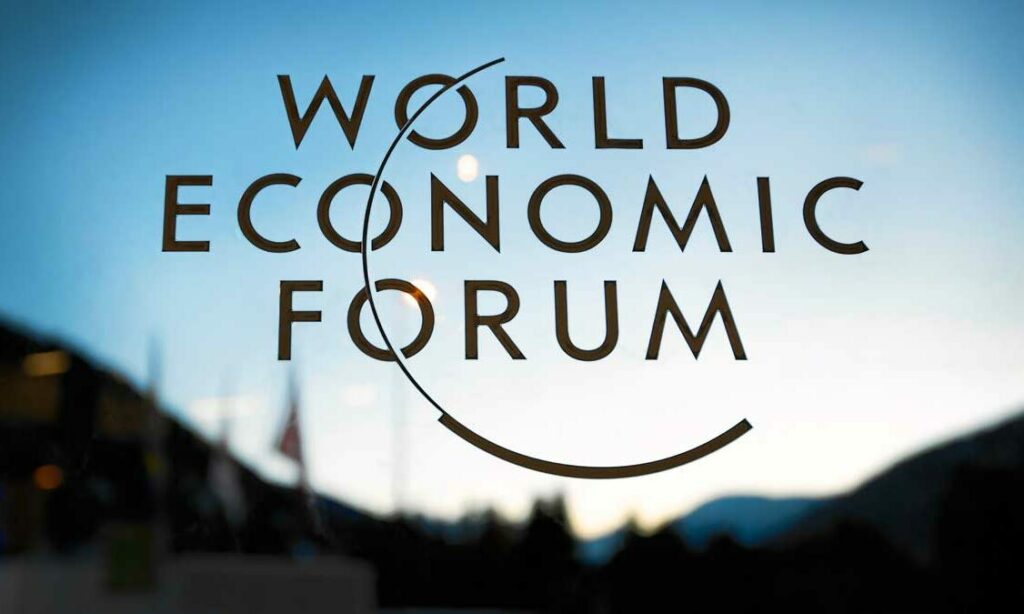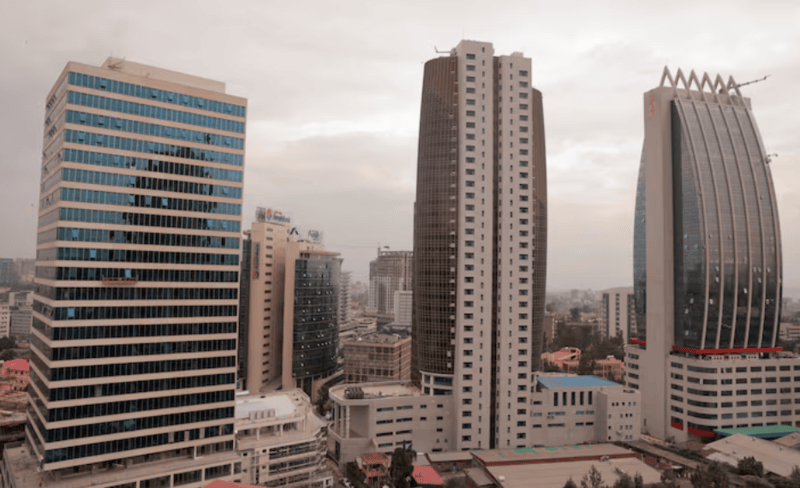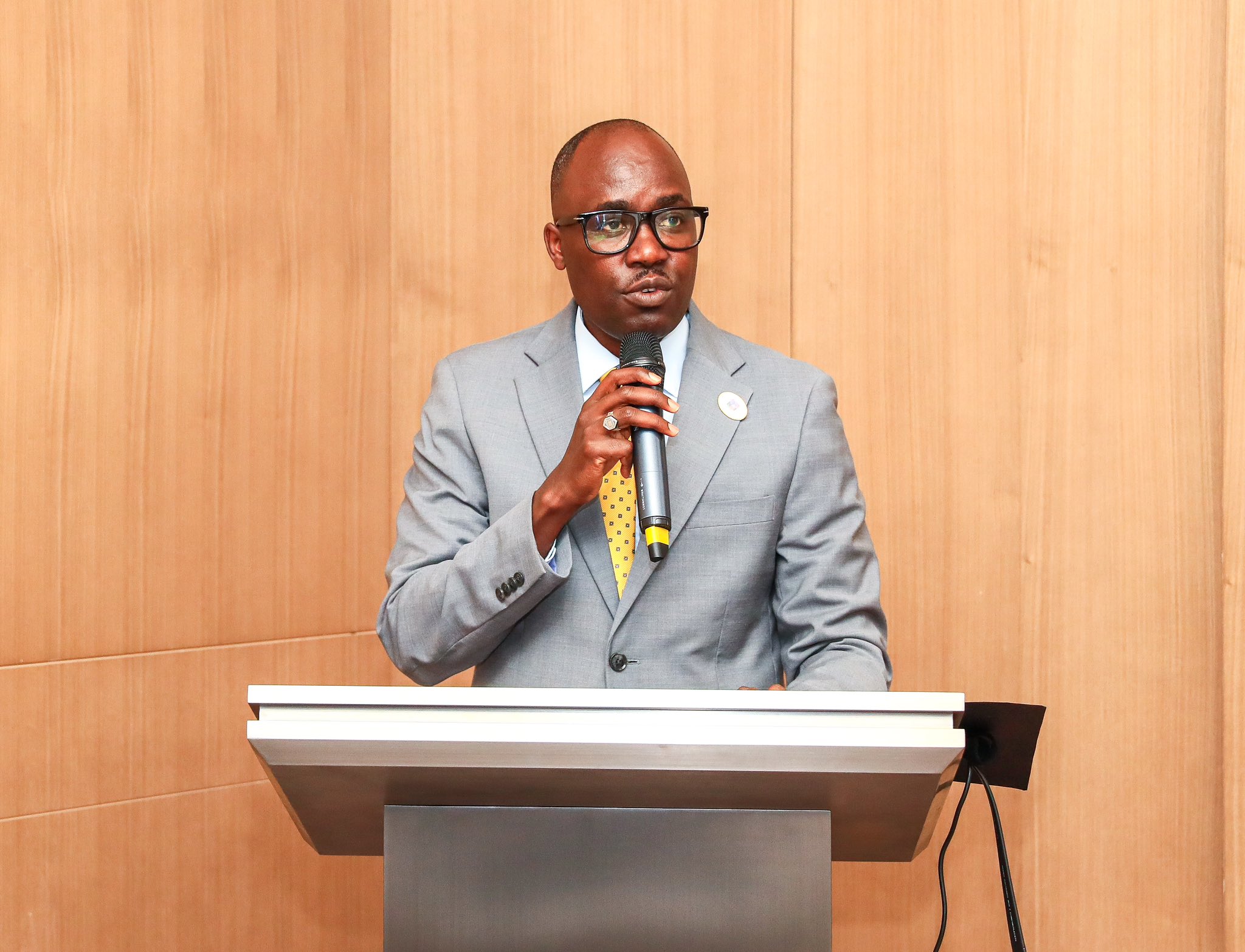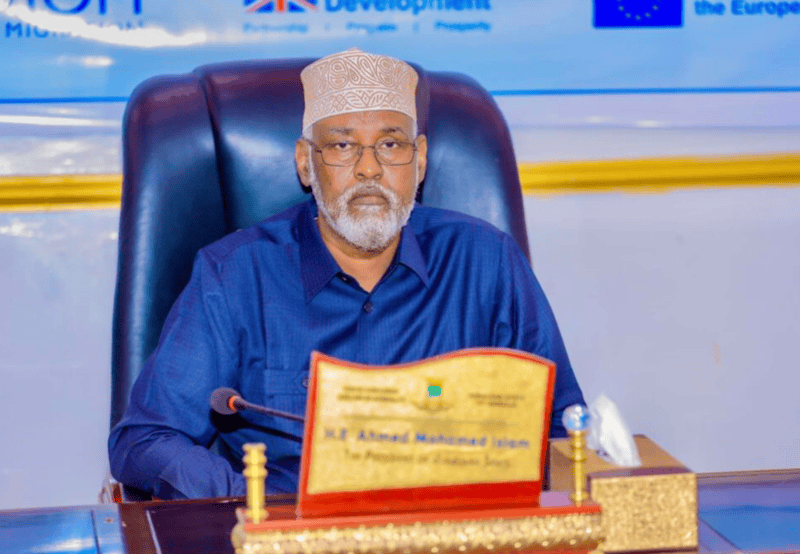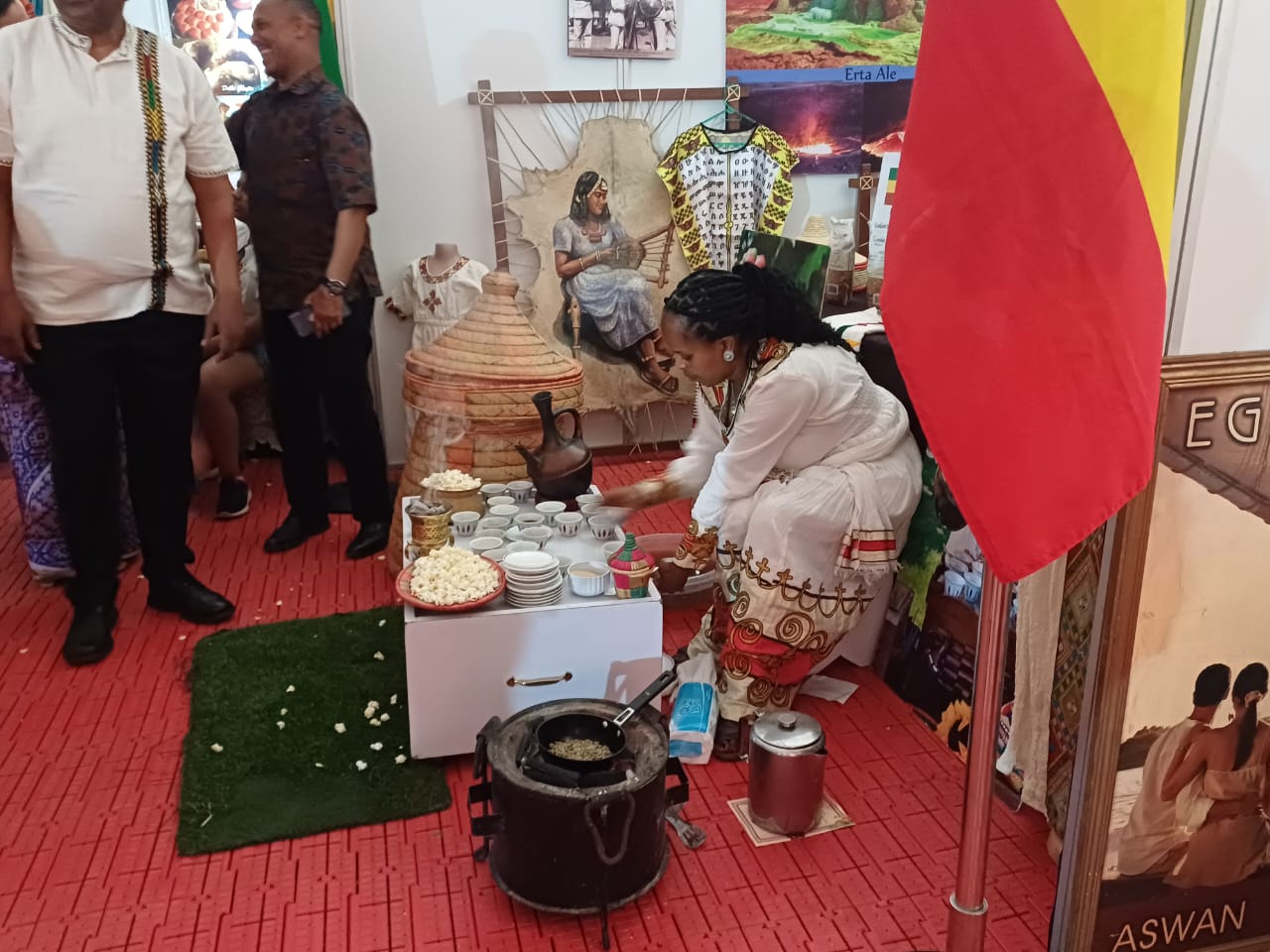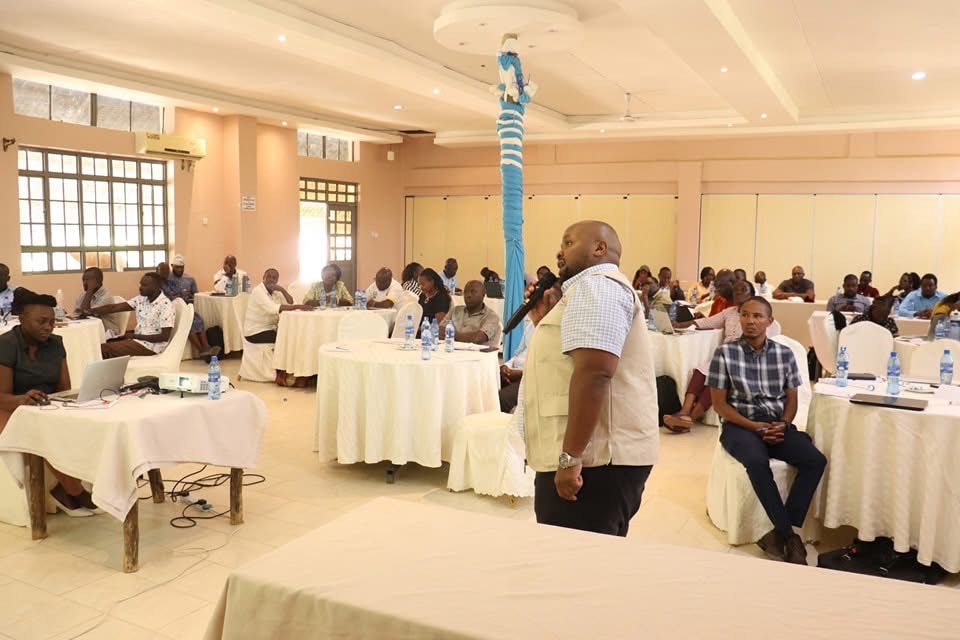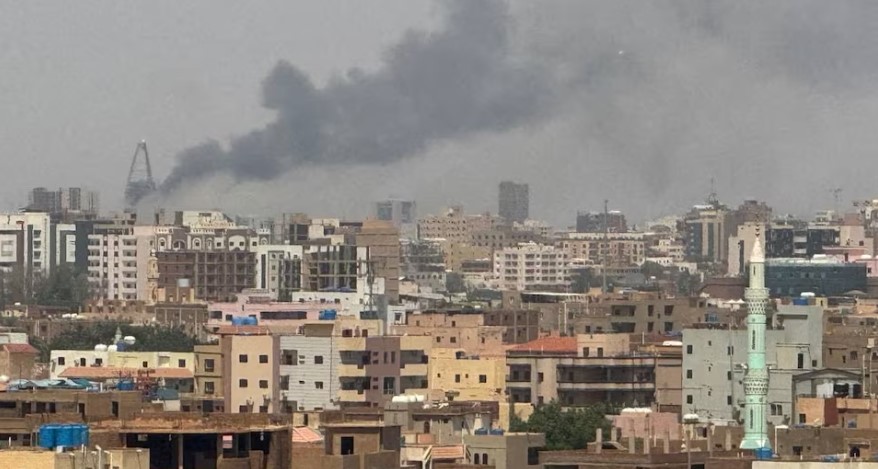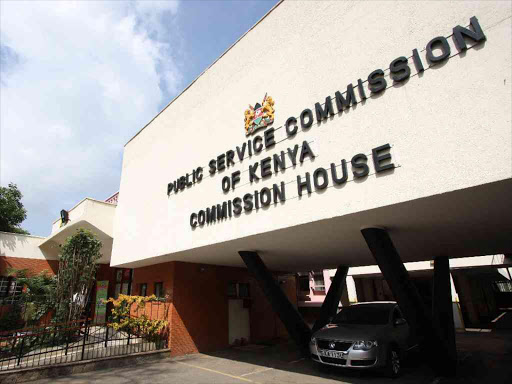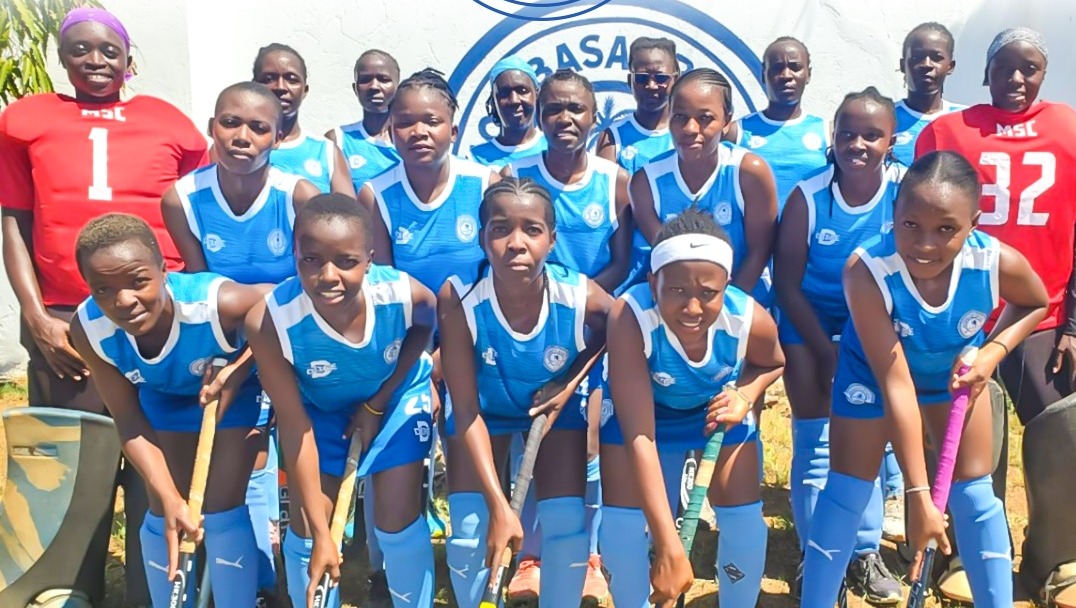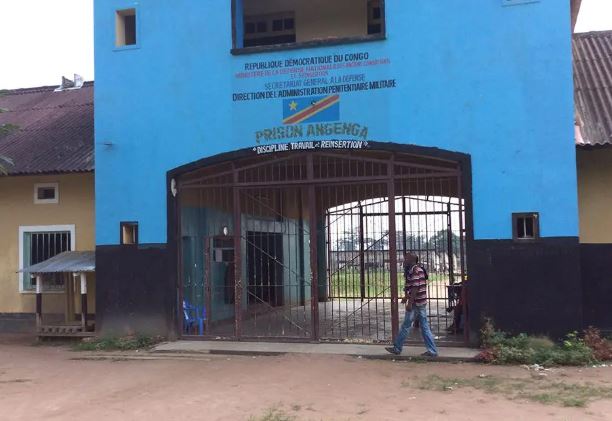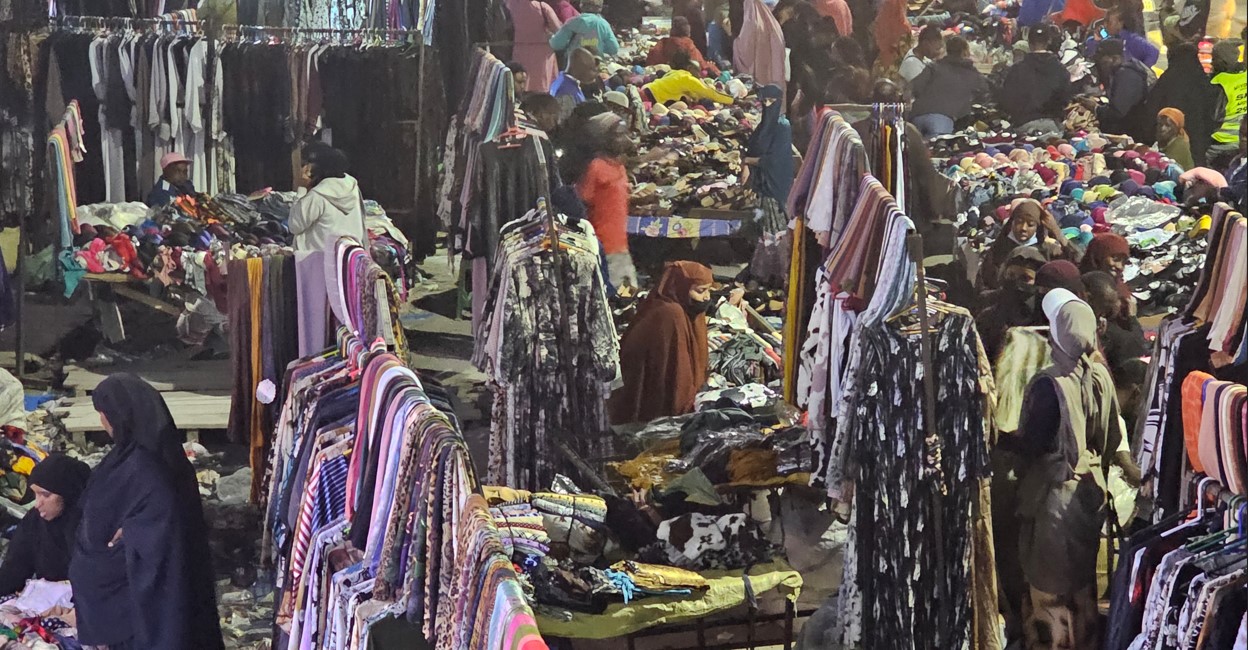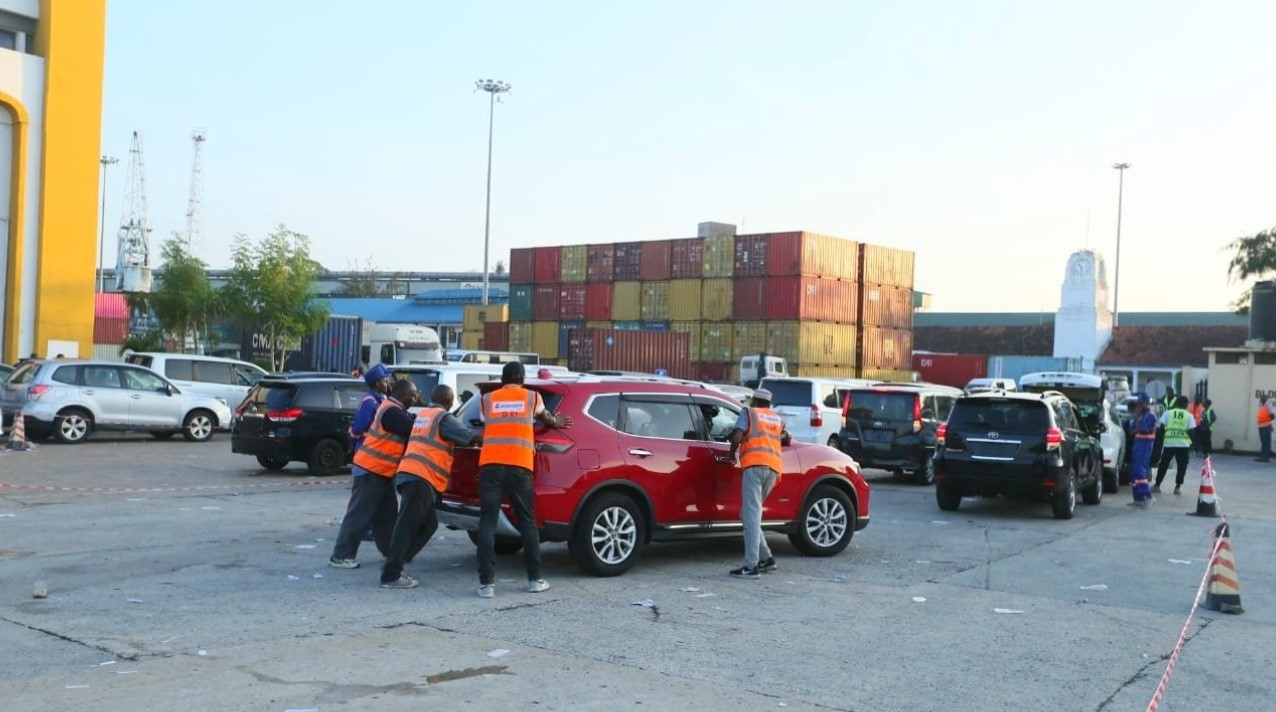MPs push for an inquiry into approval of questionable power deals

The committee claims that one of the former Permanent Secretaries in the Energy Ministry fast-tracked the approval of the agreement, despite concerns raised by the National Treasury in 2009.
Members of Parliament have called on the Ethics and Anti-Corruption Commission (EACC) to investigate the actions of former high-ranking officials in the Energy sector over their role in approving questionable power purchase agreements (PPAs) with Lake Turkana Wind Power (LTWP).
The National Assembly’s Energy Committee, in its recent report on the high cost of electricity in the country, accuses the former officials of misconduct in the approval process of the controversial PPA between Kenya Power and LTWP.
More To Read
- Senior police officers accused of interfering in private land dispute in Nairobi
- New EACC boss Abdi Ahmed vows to intensify anti-corruption efforts, recover stolen assets
- Fake academic papers, impunity among Kenya’s biggest corruption hurdles – EACC boss
- KRA slashes procurement budget by over 20 per cent due to funding cuts from National Treasury
The committee claims that one of the former Permanent Secretaries in the Energy Ministry fast-tracked the approval of the agreement, despite concerns raised by the National Treasury in 2009.
The Treasury had urged caution, advising further consideration of the project’s cost-effectiveness, but the official proceeded with the approval.
The report notes that the letter from the National Treasury raised critical issues regarding the project's viability, which were disregarded.
Additionally, the committee highlights that another senior official in Kenya Power approved the PPA before the company had secured the necessary licence to generate electricity.
The report also points out that the agreement was signed without conducting a proper legal risk assessment. The committee states that this individual, who was part of Kenya Power’s board, ignored significant concerns raised by the World Bank, including the potential financial risks associated with the agreement.
"He was part of the Kenya Power and Lighting Company (KPLC) Board that ignored concerns raised by the World Bank ... key among them being the take or pay obligation...that exposed Kenya Power and Lighting Company to the unacceptable high financial risk of payment of curtailed energy," reads the committee report.
The committee further expresses concerns over the involvement of a former Director-General of Vision 2030, who, after leaving public office, became the chairman of LTWP.
The committee suggests that the timing of this individual’s transition to LTWP, coupled with his previous endorsement of the project while in government, raises questions about the impartiality of his role.
The report calls for an investigation into whether his influence played a part in the fast-tracked approval process.
"The timing of Lake Turkana Wind Power's incorporation as a Vision 2030 project and the subsequent role of its chairman has led to the need for further investigation into whether their influence may have played a role in the fast-tracked project approval and execution processes," reads the report.
The committee has recommended that the EACC launch a thorough investigation into the actions of these individuals and submit a report to the House within six months. LTWP completed the power plant in Loiyangalani, Marsabit County, in 2017, but the line to evacuate the power was not finished until September 2018.
An audit by the Auditor-General in 2021 revealed that LTWP had invited tenders on behalf of Kenya Power for essential construction works, a situation that was deemed a conflict of interest.
The audit also criticised Kenya Power and the Ministry of Energy for failing to conduct an independent legal risk assessment before proceeding with the project.
The report highlights that Kenya's power costs are among the highest in Africa, a situation that discourages investment and affects the country's economic competitiveness.
MPs also raised concerns about incomplete power evacuation lines, which hinder the stable distribution of electricity across various regions, including key infrastructure such as the Sondu-Homa Bay-Ndhiwa and Narok-Bomet lines.
The investigation into high electricity costs was initiated following a motion by Laikipia Woman Representative Jane Kagiri, which was passed by the National Assembly in April of last year.
The motion also imposed a freeze on new contracts between the Energy Ministry, Kenya Power, and Independent Power Producers (IPPs) until the inquiry is concluded.
Top Stories Today
